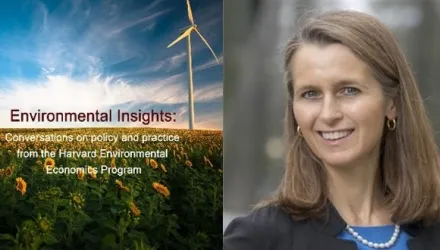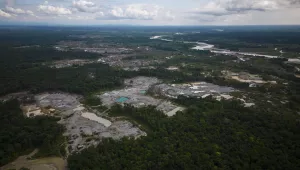Abstract
Climate change raises complex issues of science, economics, and politics; it also raises difficult issues of justice. Poor nations are especially vulnerable to rising temperatures, in part because they are poor. Wealthy nations have less at risk, in part because they are wealthy. It is both tempting and plausible to suggest that for either emissions reductions or adaptation, wealthy nations owe special obligations to poor ones. In this paper, we address this general question by focusing on a much narrower one: how should permits be allocated in a global cap-and-trade system? Many observers have urged that in an international agreement, emissions rights should be allocated by reference to population, not to existing emissions. The intuition here is that every person on the planet should begin with the same emissions right. From the standpoints of distributive justice, welfare, and fairness, the per capita approach does have major advantages over an approach based on existing emissions, because it would provide significantly greater benefits to poor people. However, the per capita approach is far inferior to an approach that focuses more concretely on what the right normative theory requires. Nonetheless, insisting on a principled allocation, in which poor countries receive many permits, may make international agreement impossible. This could lead to disaster for the very nations that are poorest and most vulnerable to climate change. Targeting adaptation assistance to poor nations, or to poor people in poor nations, would be a better way to combine climate change policy with distributive justice.
Posner, Eric A. and Cass R. Sunstein. “Justice and Climate Change.” September 2008


